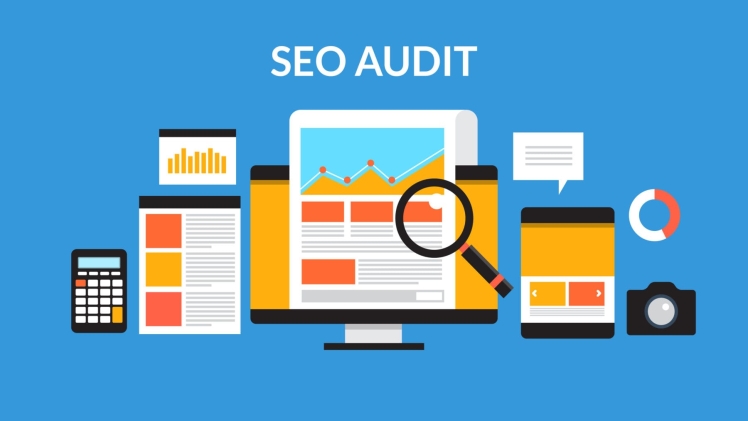If you start working with a digital marketing agency, they may recommend some SEO audit tools to help you track your process. These range from the free-to-use Google Search Console and Google Analytics to the more advanced Ahrefs and Moz. At first, these reports can be overwhelming. There are a lot of metrics and technical terms related to your site that you need to know. Follow this guide to understand a few key sections to improve your SEO.
Page Speed
Your SEO audit tool should report on your page speed and other metrics related to your load time. A slow website can negatively impact your SEO. First, search engines like Google take site speed into consideration when ranking pages. Next, a slow website creates a poor user experience. Your customers will bounce before your content loads.
Read More About: jiorockers
Google PageSpeed Insights is one of the best tools for tracking your web pages. You can easily see how your URLs stack up against your competitors and the best practices set out by the search engine.
Broken Links
Links create webs across the internet that connect websites and pages that are related to each other. However, they rarely last forever. A large part of your SEO audit will likely focus on the linking on your website and how to improve it.
First, identify any internal and inbound broken links. These are links to pages that have moved or no longer exist. For example, a company might close and shut down its website, which means the URLs won’t go anywhere.
The good news is that these technical issues are fairly easy to fix. You can replace any broken links and low-quality backlinks to create a positive site experience for both users and crawlers.
Competitor Rankings
Your SEO report will likely include a competitive analysis, which will evaluate how your place in the SERPs compares to others targeting certain keywords. This analysis can be incredibly useful. First, you can use these competitors for research—learn why their content ranks higher and what they are doing to win your target keywords. You can also set goals to choose new keywords that they don’t rank for.
For example, if you have no chance of ranking first for “home insurance Georgia,” you may be able to rank for “home insurance Augusta” instead. Knowing your keyword rankings can help you find opportunities to get noticed. You can improve your SEO performance and find new channels instead of investing your link-building efforts into an impossible rankings goal.
Duplicate Content
Duplicate content refers to pages that are identical on the web. This type of content includes intentional plagiarism and accidental page copies. Search engines like Google associate duplicate posts with spam. Black-hate SEO teams used to post the exact same content on hundreds of pages to make their clients rank higher. Today, some pages will scrape content from your website and repost it on theirs (stealing it) so they can rank higher using your words.
You may have accidental duplications on your website if you recently changed your domain and updated your pages. Your SEO tool should help you find any plagiarized or double posts so you can remove them.
Most quality SEO tools know that content posted on social media isn’t plagiarized, but rather used to grow your audience, so you won’t have to worry about your social channels getting flagged.
The most important part of your site audit is the actionable insights you glean from the reports. You should walk away with multiple tasks to improve your organic traffic by fixing SEO errors on your pages. Addressing your technical SEO issues will take time, but your growth in the SERPs will be worth it.
Visit Here: Pagalmovies

